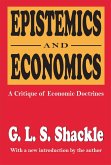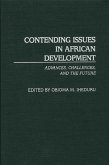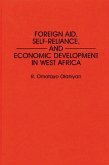The effective use of development economic theories in practice is limited, the authors contend, by the lack of explicit criterion for judging their scientific content. The directional progress of critical research and teaching is also constrained by this deficiency. This study advances a meta-theory designed to assist in evaluating the scientific validity of theories in economic development and how these theories can be improved to assist social practice. Using this model, the study then examines existing theories, dividing them into explanatory and prescriptive theories. The explanatory theories include the stage-based theories of Marx, Schumpeter, and Rostow, and factor-based theories, including capital-based, human-capital-based, and technology-based theories. The prescriptive theories include explanatory-theory-based prescriptions, interventionist prescriptive theories, and theories of economic planning.
In conclusion, the authors contend that modern analysis of development economics is plagued with logical ills, misleading notions, and a weak theoretical structure that lacks scientific appeal. Most of the theories, except for those of Marx and Schumpeter, neglect an analysis of the mechanism of change.
In conclusion, the authors contend that modern analysis of development economics is plagued with logical ills, misleading notions, and a weak theoretical structure that lacks scientific appeal. Most of the theories, except for those of Marx and Schumpeter, neglect an analysis of the mechanism of change.









